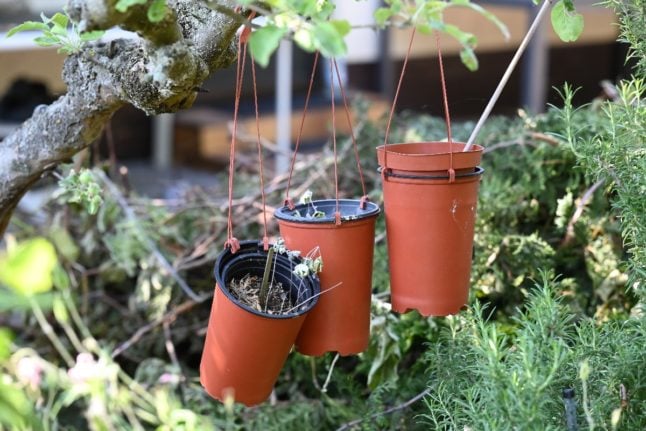One of the most exciting aspects of Germany’s new citizenship law is the fact that people will be able to get a German passport much sooner after arriving in the country.
Currently, Germany stands out as one of the European countries with the strictest residence rules for citizenship: in fact, most foreigners have to live in the country for a full eight years before they can even consider submitting a citizenship application.
Luckily, that’s all set to change on June 26th this year, when Germany will bring in a set of new – mostly more relaxed – citizenship rules.
Rather than eight years, most foreigners will have the chance to naturalise after five, and in some exceptional cases, the naturalisation process can begin after just three.
READ ALSO: What you need to know about Germany’s citizenship law reform
This has left some people wondering what rules will apply to married couples after the new law comes in – and specifically those who are married to Germans. Will the residence requirements for this group of people be reduced as well?
Here’s what we know so far about the government’s plans.
Residence requirements for married couples
As it stands, the spouses of German citizens already have much shorter residence requirements than foreigners with no German relatives.
If you’re married to a German, you only have to be resident in the country for three years to qualify for citizenship yourself – provided you have been married for at least two.
In some cases, the current law even allows for this period of residence to be shortened if the marriage or civil partnership has existed for at least three years.
If you have a child with your German spouse, they will automatically be entitled to citizenship under the principle of descent.
READ ALSO: When is my child entitled to German citizenship?
Given that the period of residence required is already so short, the government hasn’t made any changes on this front for married couples in the new law.
This means that in some circumstances, naturalisation may be quicker under the so-called “fast-track” route than via your partner. For example, if you speak C1 German and are well integrated, and only get married to a German after three years of residence, you may be able to apply for citizenship before your two years of marriage or civil partnership are up.
The best people to offer you guidance on this are the advisors at your local immigration or citizenship office. In most cases, they will able to work out if there is a quicker route to naturalisation for you.
READ ALSO: Who qualifies for ‘special integration’ status under Germany’s citizenship law?
What other conditions are there for German citizenship?
Even for the spouses of German citizenship, the general rules for naturalisation will apply.
That means being able to prove your knowledge of life in Germany via a citizenship test or other means, having a B1 German certificate and having a household income that can support you and your loved ones, as well as demonstrating a clean criminal record.
For more information on the general requirements for German citizenship and when to apply, check out our explainer below:




 Please whitelist us to continue reading.
Please whitelist us to continue reading.
Member comments